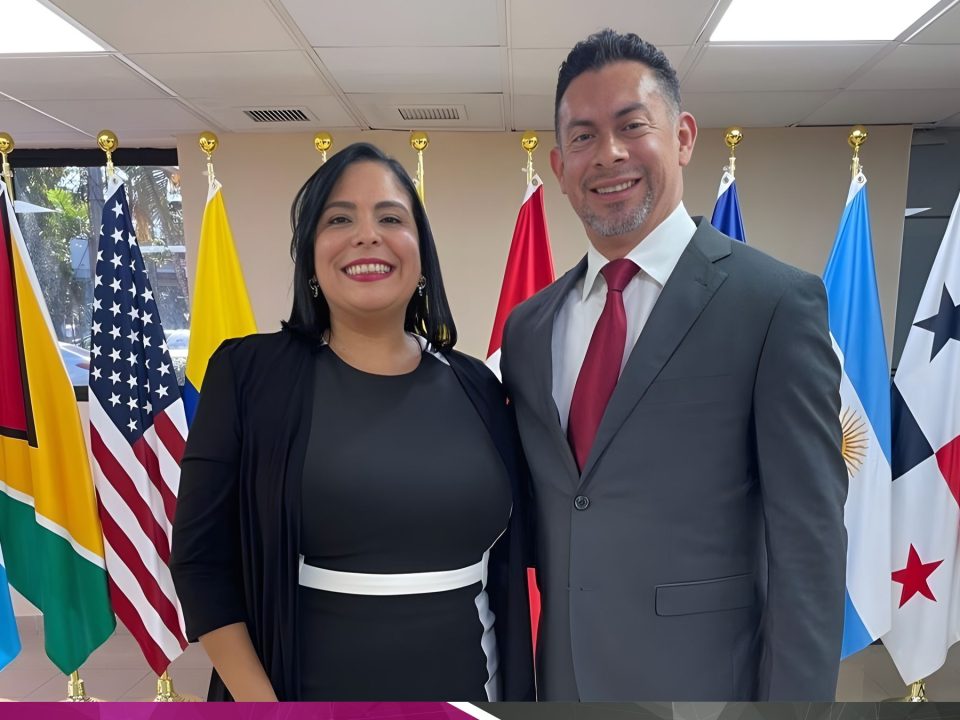
AMPYME trains Women In Action entrepreneurs
17/06/2025
Top Legislative Changes for Anguilla Companies
26/06/2025Learn about the importance of Intellectual Property in franchise agreements in Panama

By: Fernando González-Ruiz
In the business world, franchises represent a powerful strategy for expanding a brand without assuming the costs and risks of opening a new operation. However, for this model to function efficiently, it is essential that the relationship between franchisor and franchisee is regulated by a well-structured contract. Within this agreement, intellectual property plays a key role, as it protects the intangible assets that make the franchise unique, such as its brand, logos, trade secrets, and know-how.
In this article, we will explore the importance of these contracts and how proper management of intellectual property can ensure the growth and success of a franchise, while also helping to avoid legal disputes.
In Panama, franchises are regulated within the framework of the industrial property legislation, specifically in Article 126 of Law 35 of 1996, which states:
“A franchise shall exist when, along with the license to use a trademark, technical knowledge is transferred or technical assistance is provided so that the person granted the license may produce or sell goods or provide services in a uniform manner and with the operational, commercial, and administrative methods established by the trademark owner, aimed at maintaining the quality, prestige, and image of the products or services distinguished by the trademark.”
This definition implies that a franchise is not limited solely to the granting of trademark usage rights, but also includes the transfer of technical, operational, and administrative knowledge. This allows the franchisee to replicate a successful business model according to the parameters established by the franchisor.
Below, we will outline the main intellectual property-related points that should be addressed in a franchise agreement.
1. Registered Trademarks
The contract must establish the franchisee’s right to use the franchisor’s registered trademark(s) for the duration of the agreement. It should include:
- Authorized use of trademarks on products, advertisements, signage, and social media.
- Prohibition of modifying the trademarks or registering them under the franchisee’s name.
- Restrictions on using similar or competing trademarks.
- Clauses regarding the use of trademarks after the contract’s termination.
2. Trade Names and Website Domains
The use of the franchise’s trade name and associated web domains must be regulated, specifying:
- Who retains ownership of these assets.
- How and under what circumstances the franchisee may use them.
- Rules on returning them upon the termination of the contractual relationship.
3. Copyrights and Advertising Materials
The franchisor may provide operational manuals, training materials, catalogs, marketing campaigns, and other copyright-protected documents. Therefore, the contract must:
- Define the permitted use of the material, which must be used exclusively for the operation of the franchise.
- Prohibit reproduction, distribution, or modification without authorization.
- Ensure confidentiality of internal materials.
4. Know-How and Trade Secrets
Know-how (technical and operational business knowledge) is a key asset in a franchise. To protect it, the contract must:
- Establish confidentiality clauses preventing disclosure to third parties.
- Prohibit its use outside the franchise, even after contract termination.
- Include security measures for protecting confidential information.
5. Patents and/or Industrial Designs
If the franchise includes the use of patented products, exclusive formulas, or industrial designs, the contract must specify:
- Authorization for their use during the contract’s duration.
- The obligation not to imitate or register these elements under the franchisee’s name.
- The franchisor’s exclusivity over these creations.
6. Restrictions and Penalties
To prevent Intellectual Property misuse, the contract should include:
- Specific prohibitions, such as transferring rights without authorization.
- Measures against Intellectual Property use after contract termination, including non-compete periods.
- Penalties for breaches, such as fines or compensation for damages.
7. Duration and Termination of Rights
The contract must define:
- The duration of Intellectual Property usage rights.
- Conditions under which the franchisee must cease using Intellectual Property upon contract termination.
- Procedures for removing distinctive signs from the premises or advertising.
Conclusion
Protecting Intellectual Property in a franchise contract is essential to safeguarding the franchisor’s interests and ensuring that the franchisee correctly utilizes the business’s intangible assets. A well-structured contract should anticipate all these aspects to prevent legal and commercial disputes.








